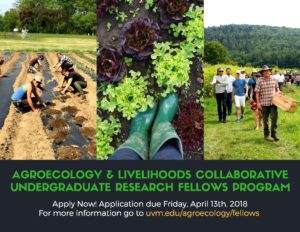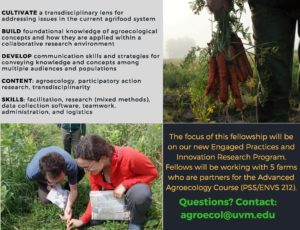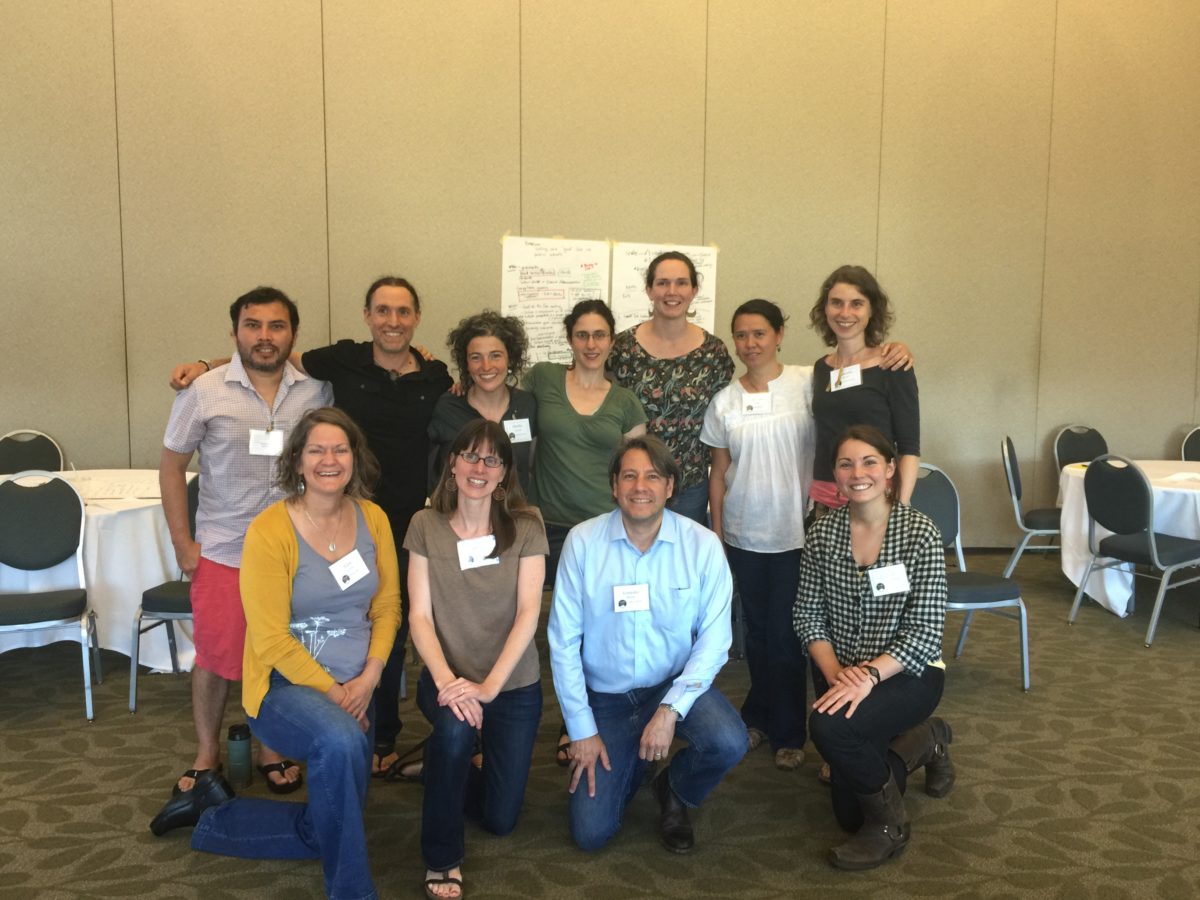Agroecology and Livelihoods Collaborative (ALC) part-time Program Administrator
Position Summary
The Agroecology and Livelihoods Collaborative (ALC) is a community of practice within the Department of Plant & Soil Science (PSS) at the University of Vermont. The ALC utilizes an approach grounded in agroecology, participatory action research (PAR), and transdisciplinarity. Our goal is to better understand and seek solutions to the issues facing our food system. The ALC program administrator reports to the ALC co-directors, and works closely with the core team to manage communications and internal operations for the ALC, as well as support the planning and implementation of the ALC’s research and educational initiatives. The program administrator will also provide some support to the PSS program, and will be a point of contact for ALC students, and other collaborators both within and outside of the university. We seek a motivated individual interested in agroecology, food systems and participatory action research (PAR), who has outstanding organizational and interpersonal skills. A detailed description of the position is provided below. For a pdf version of the position description, please click on the following link: ALC Program Administrator Revised Ad Jul 19.
Responsibilities
The ALC program administrator serves as the primary support person, within the ALC, for the Certificate of Graduate Study in Agroecology (CGSA) (20% effort). This includes:
- communicating with students interested in pursuing the CGSA
- serving as the point-person for communications with the College of Continuing and Distance Education (CDE), which supports aspects of the CGSA.
- organization, coordination and logistics for the weeklong, face-to-face summer course
The ALC program administrator oversees external communications for the ALC and provides support to the PSS department. This task requires collaborating with other faculty and staff to develop, implement and actively manage outreach and visibility strategies for the ALC and PSS (35% effort). This includes:
- maintaining websites and regularly updating social media accounts
- developing outreach, informational, recruitment and event materials
- supporting the creation of presentations that align with UVM templates and guidelines
The ALC program administrator provides organizational and logistical support for all ALC programming (15%). This includes:
- creating and maintaining information management and organizational systems
- coordinating facilities access (including A/V technology) and vehicle use
- managing purchasing and vendor relationships (this includes assistance with travel arrangements, plane tickets, etc.)
- supporting the management of program funding, and cross-departmental financial collaborations
The ALC program administrator maintains partner relationships by communicating with ALC students and partners (farmers, representatives of NGOs, academic and industry collaborators) (15% effort). This includes:
- coordinating and facilitating weekly ALC meetings.
- organizing and facilitating weekly staff meetings
- coordinating researcher/collaborator meetings with ALC collaborators
- responding to inquiries for information
The ALC program administrator contributes to fundraising efforts for the ALC (15% effort). This includes:
- identifying appropriate funding opportunities
- participating in grant writing
- managing grant submission processes
- supporting the cultivation of corporate and individual donors
Required Qualifications
- Bachelor’s Degree.
- 1-2 years of administrative experience.
- Strong public relations, interpersonal, and organizational skills.
- Interest and proven experience in being a truly collaborative team member.
- The ability to work well—whether by phone, email, writing, or in person—with a broad range of constituents, both internal and external to the university.
- Demonstrated initiative and resourcefulness.
- Willingness to be flexible.
- Ability to manage multiple tasks, meet deadlines and use creative problem solving to handle the unexpected.
- Detail-oriented, with strong organizational and problem-solving skills.
- Sensitivity to issues of equity, diversity, and inclusion.
- The ability to plan, prioritize, and balance the workload of several projects, simultaneously, in a fast-paced environment.
Preferred Qualifications
- Experience with UVM’s business and financial applications and systems.
- Familiarity with UVM’s administrative organization and academic programs.
- Web development experience with WordPress and Drupal.
- Spanish language proficiency.
This is a part-time position, 20 hours per week, at $18 per hour. We regret that we cannot provide benefits.
Application
Please send cover letter and updated curriculum vitae/resume to Ernesto Mendez (Ernesto.Mendez@uvm.edu). Any questions about the position can also be directed to him.

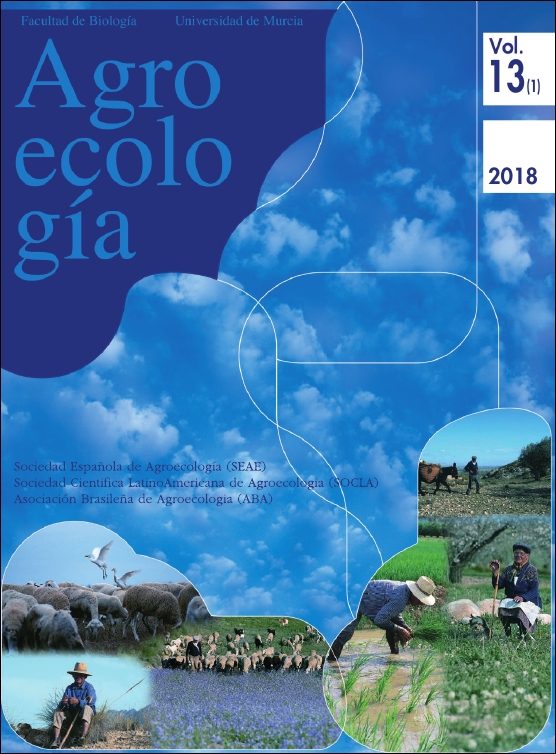
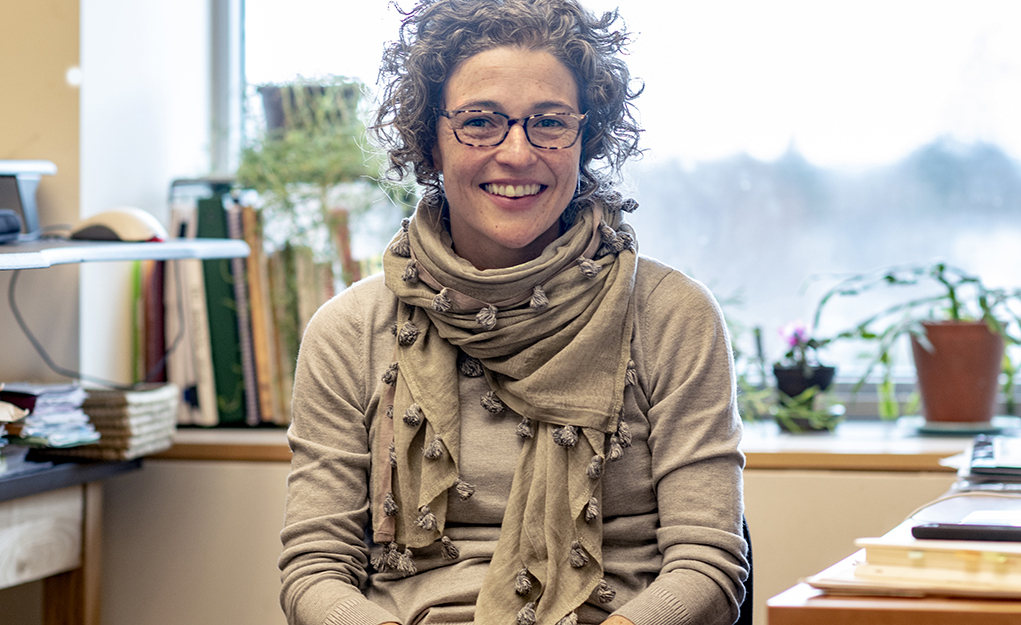
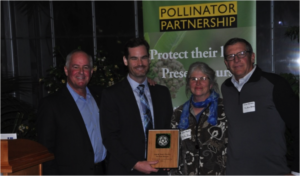
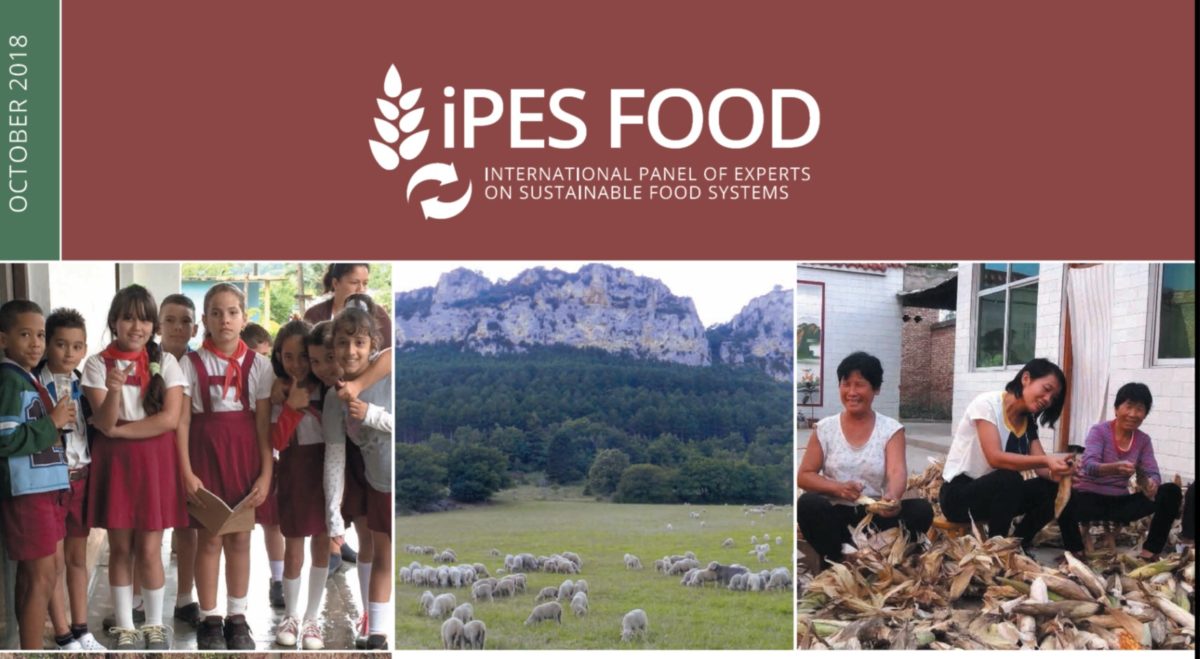
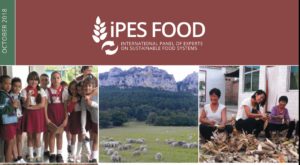
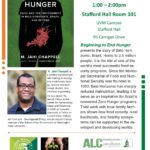
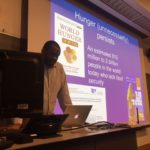
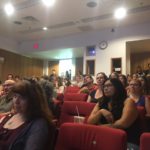
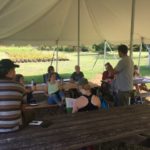
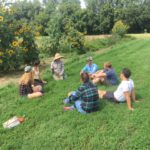
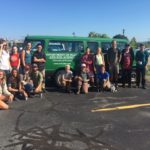
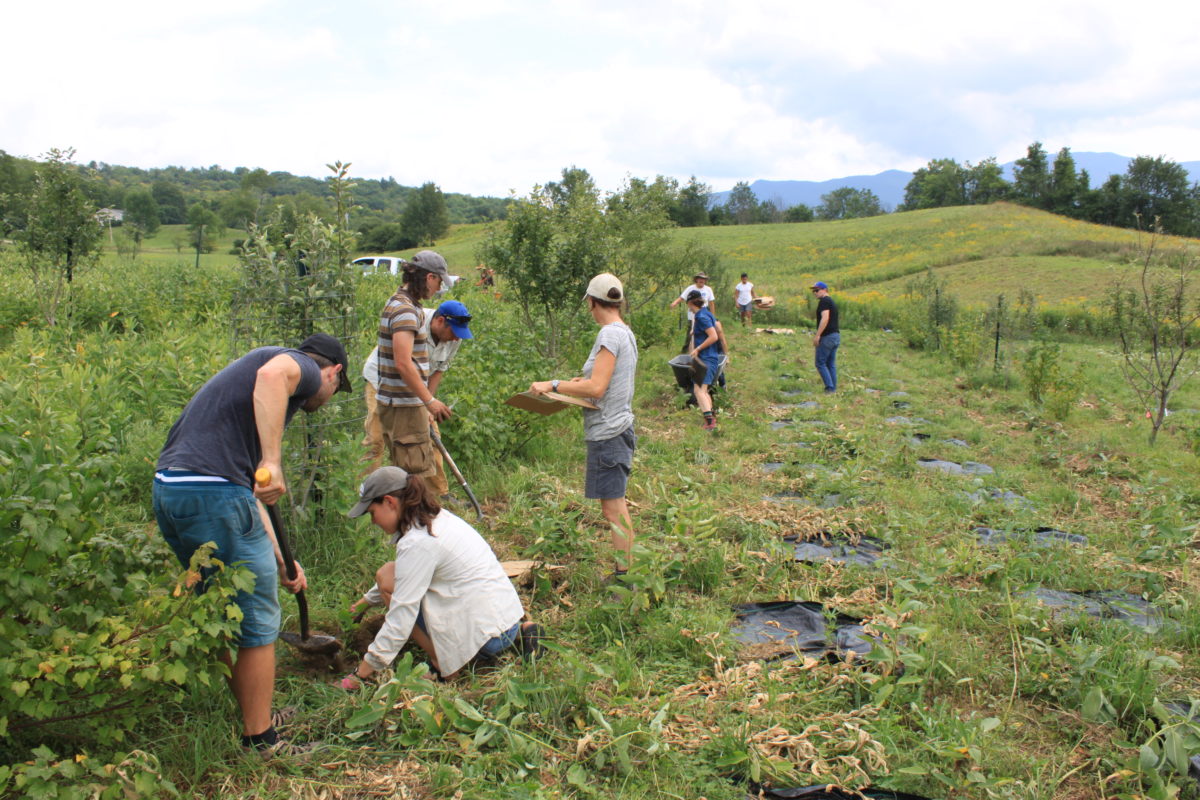
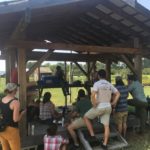
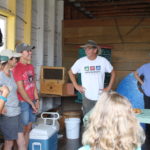
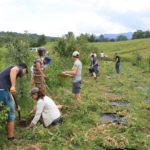
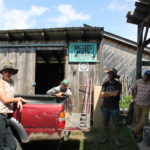
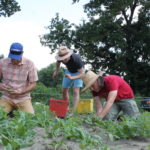
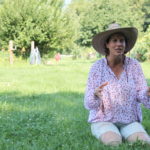
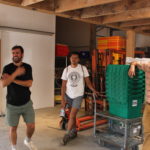
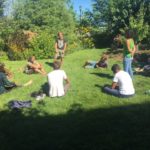
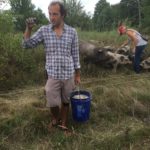
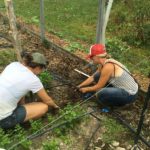
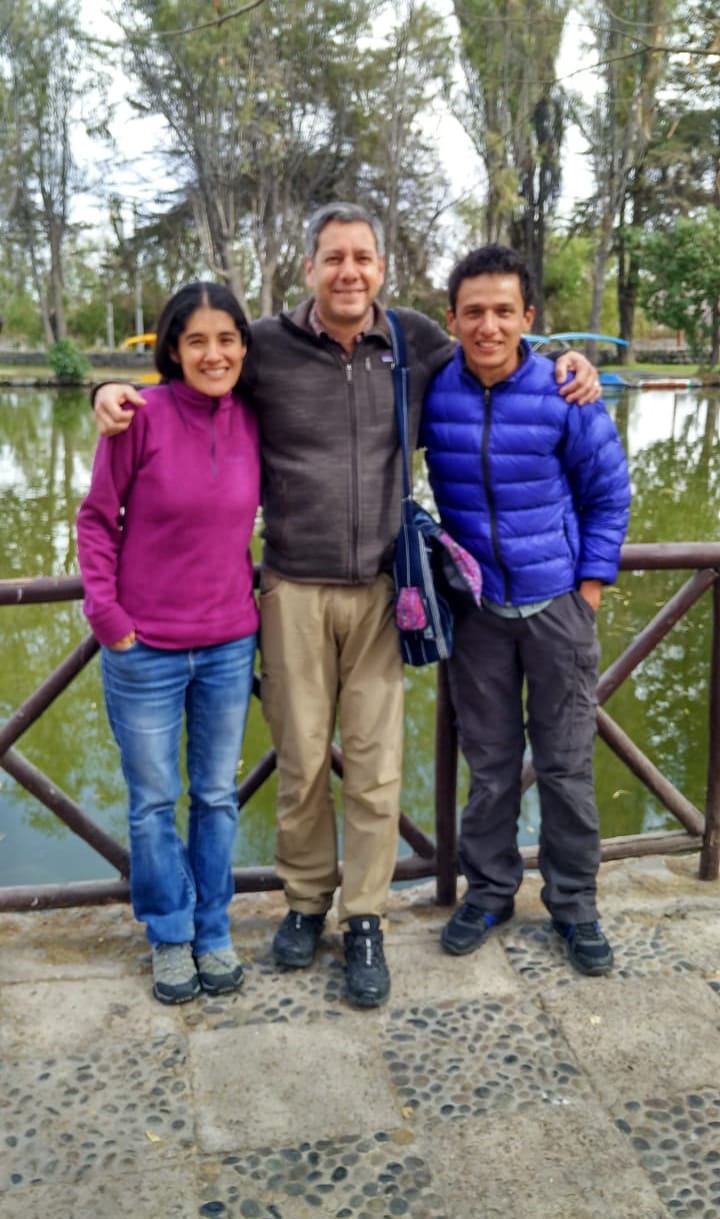
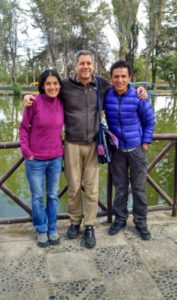
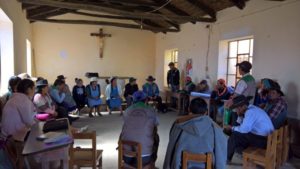
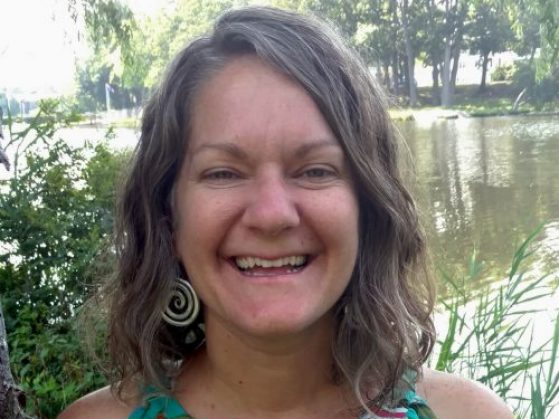
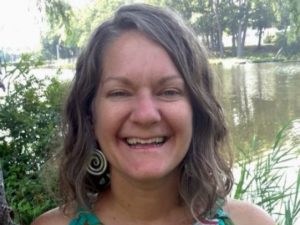 Katie Goodall, who did her Ph.D. with the Agroecology and Livelihoods Collaborative (ALC), in the Plant and Soil Science Department, at UVM, carries on strong with agroecology teaching. Now an Assistant Dean at the
Katie Goodall, who did her Ph.D. with the Agroecology and Livelihoods Collaborative (ALC), in the Plant and Soil Science Department, at UVM, carries on strong with agroecology teaching. Now an Assistant Dean at the 